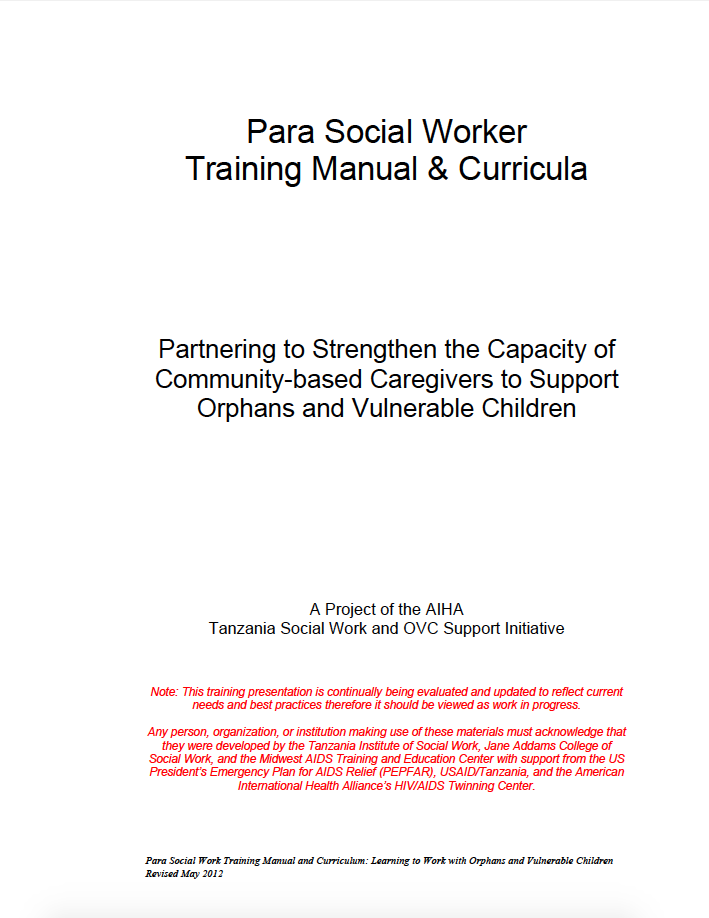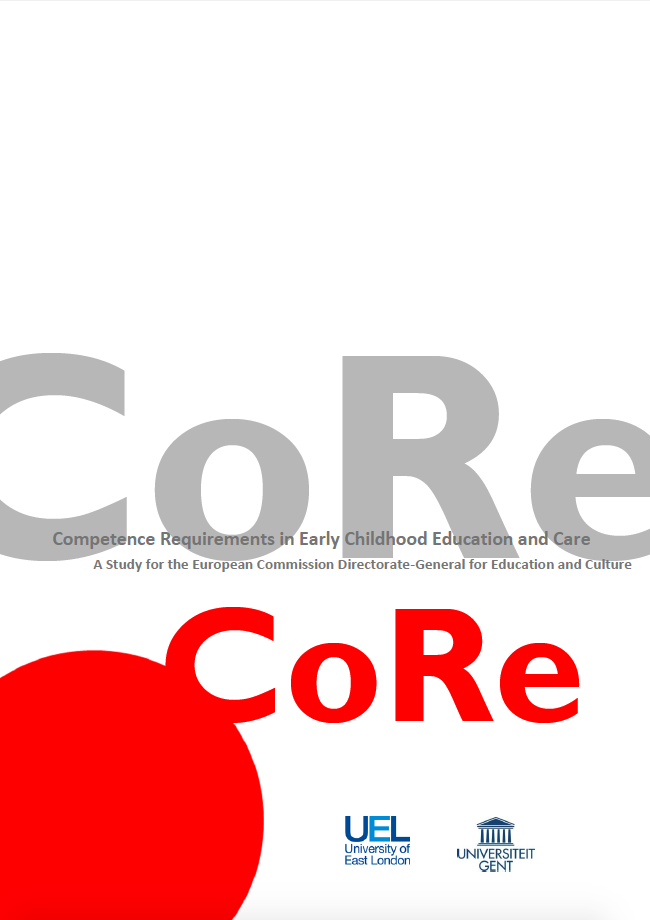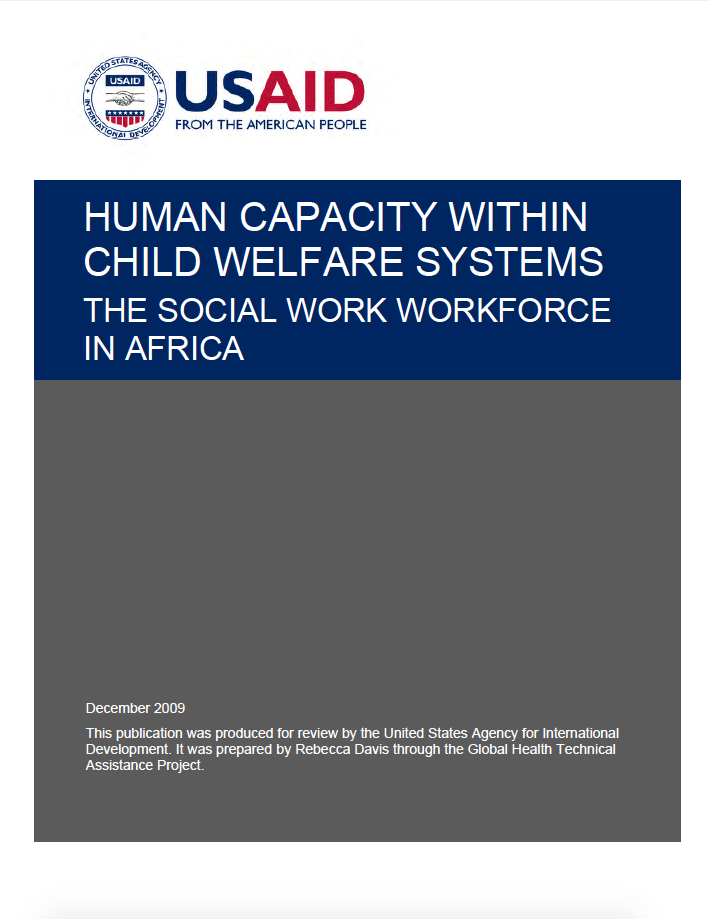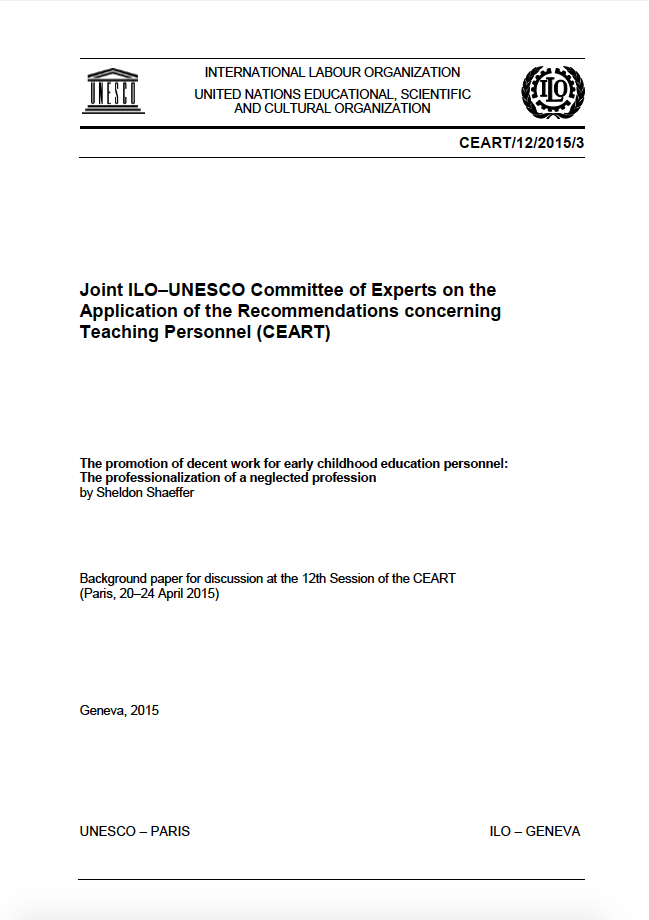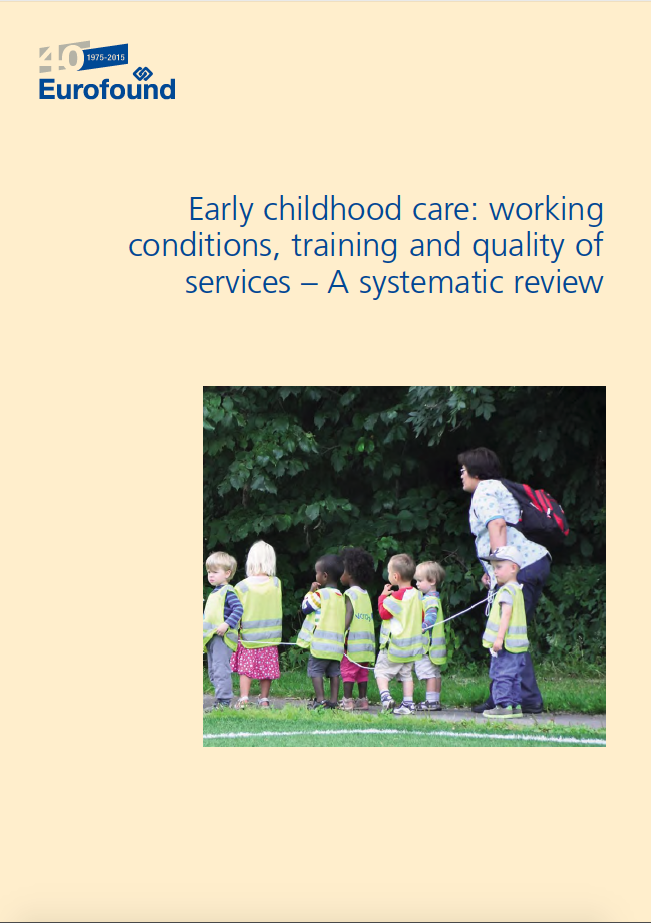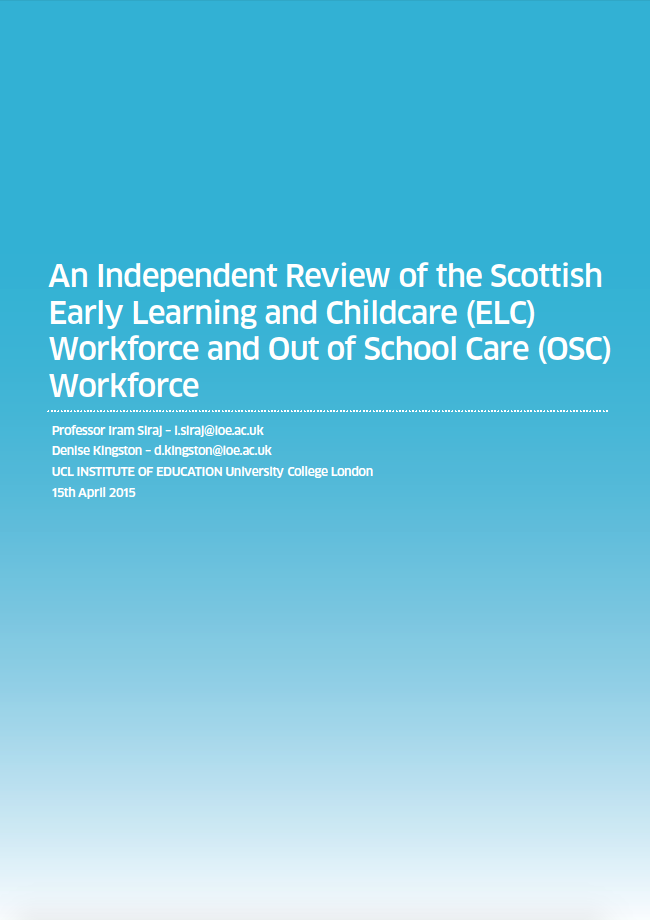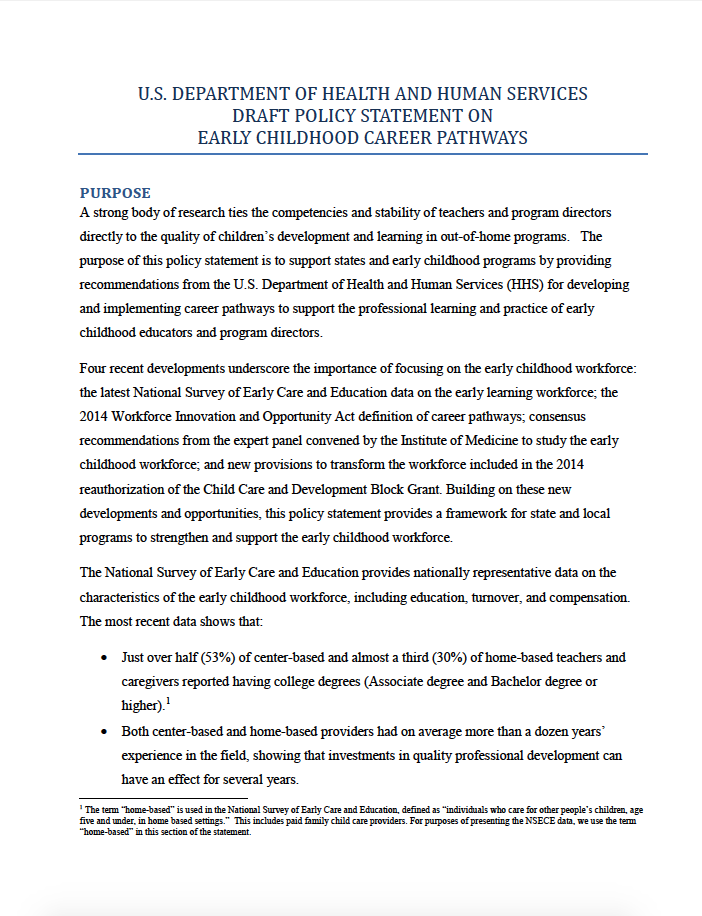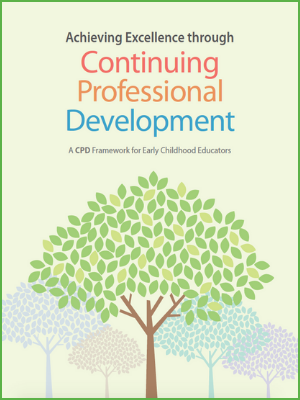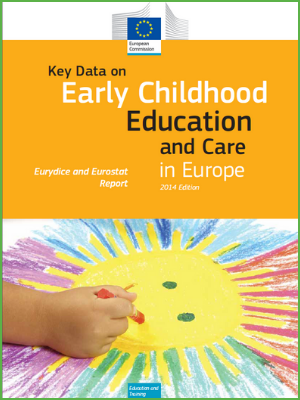Child Protection Training Manual: Facilitator’s Guide for Teacher Training
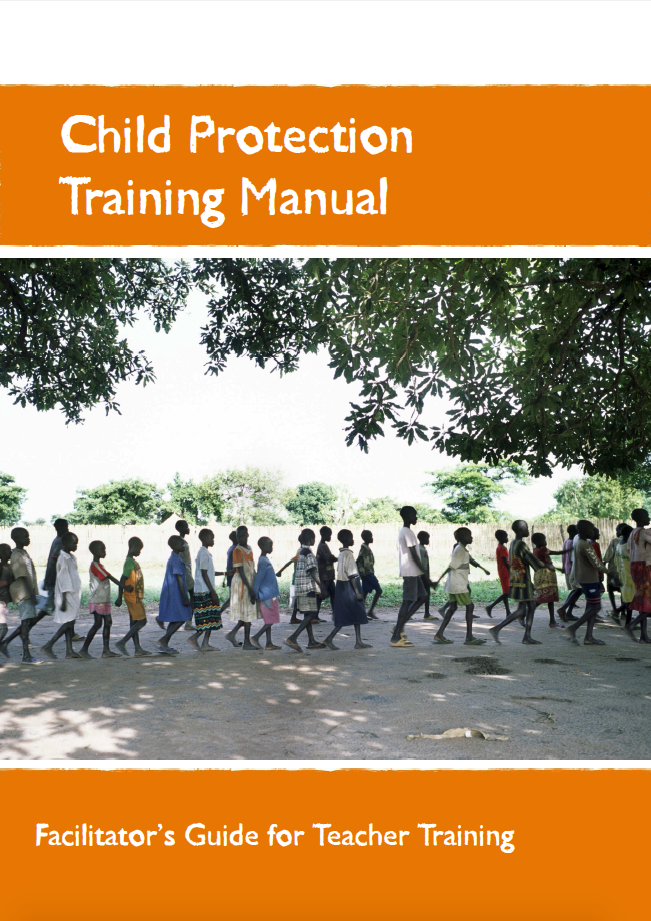
This manual is to serve as part of an awareness raising effort to identify and address issues of child protection in education in Southern Sudan. This resource was developed as part of the Save the Children Alliance campaign to ensure dramatic changes to children’s education in countries affected by conflict.
This manual was developed to help guide the facilitation of a child protection training for teachers, trainer of trainers for teachers (TOTs) and other education authorities. It was developed together with a Teachers Handbook on Child Protection. This manual can also be used for the training of
members of Parent Teacher Associations (PTAs) and community-based child protection groups.
The material was developed for use by facilitators who do not necessarily have much background in
child protection but who have been involved with delivering trainings.
The manual is divided overall into two sections:
- Facilitating the training
- Sessions for training teachers
The first section on Facilitating training includes tips for preparation and facilitating the training. The second part includes suggestions for sessions. Each section includes: 1) key learning points; 2) session contents; and 3) activities / group work.


